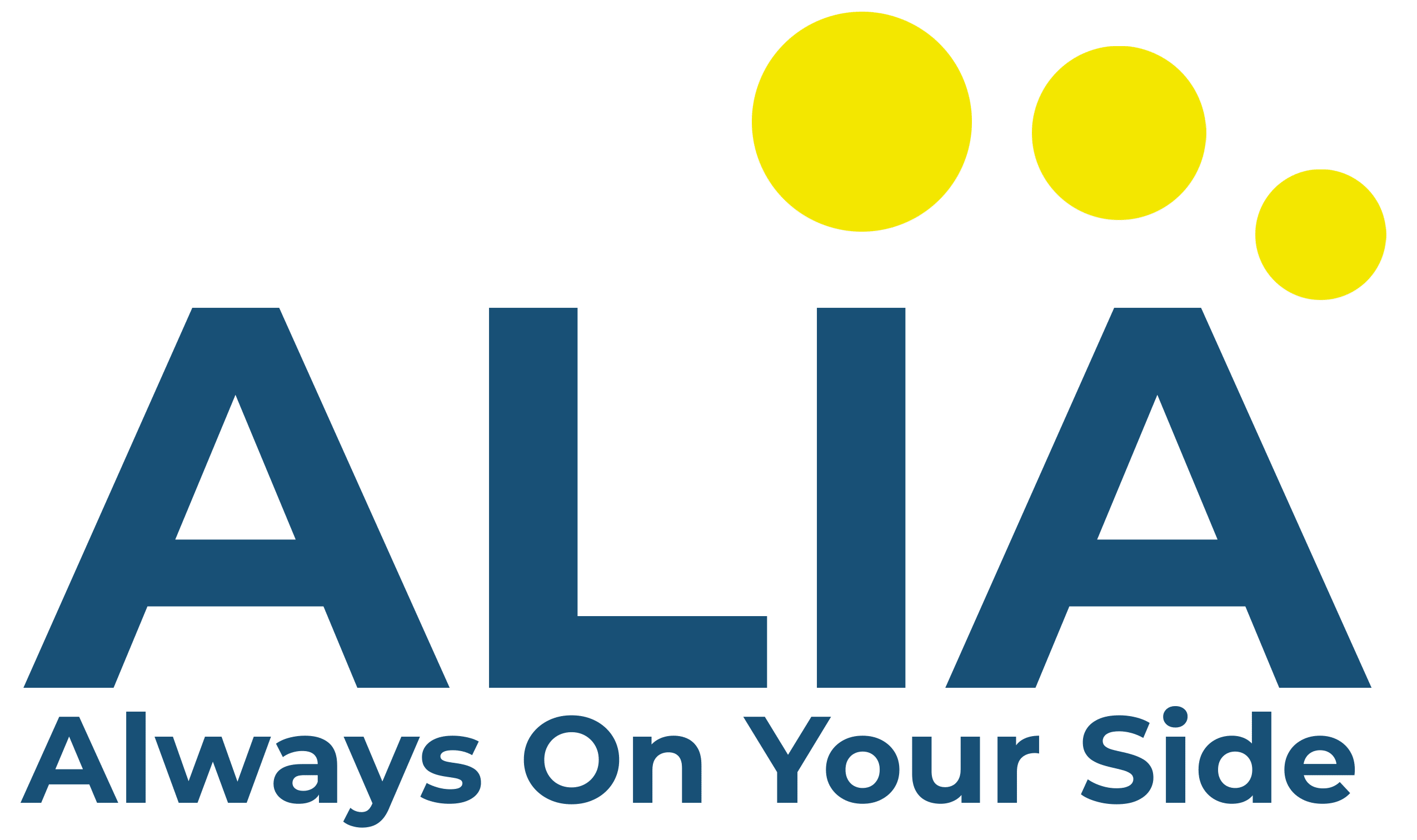
Tips on How To Be Financially Responsible
Financial freedom is the ultimate goal for a lot of people. It is the ability to control your financial situation and the flexibility to choose how you spend and save your money. But it can mean different things to different people, such as the ability to simultaneously cover your basic living expenses and save for the future.
To attain financial freedom, you must start by being financially responsible. Here, we highlight various tips on how to be financially responsible and work toward financial independence.
Create a Budget
Budgeting is a lesson in money management that we cannot emphasize enough. It allows you to understand why and how you are spending money so that you can make informed financial decisions.

Here are some ideas to assist you in creating a budget:
Calculate Your Monthly Post-Tax Income
If you are receiving a salary, your take-home pay should be your benchmark rather than your pre-tax compensation. Before your pay enters your bank account, your employer deducts income tax and social security payments, which might represent a sizable reduction.
Your financial decisions should be guided by the amount on your payslip, not by the amount you agreed to when you signed your contract.
Assess Your Monthly Spending
Comparing your monthly expenses to your income is vital to see if you are spending more than you earn. If you are, you may need to cut back on some expenses or find ways to increase your income. Use a budgeting app or spreadsheet to record your monthly income and expenses to keep track of your spending habits.
Set Realistic Goals
Plan for those broad, long-term objectives, such as purchasing a home, having children, or retiring. However, setting targets you can accomplish in a year or two can be more manageable, and doing so will likely inspire you to continue budgeting and saving.
Invest in Life Insurance
In the case of your death, life insurance is a financial instrument that can assist in protecting your loved ones financially. This type of insurance is generally a good idea, especially if you have dependents who rely on you financially. It can assist in paying for bills like funerals, unpaid debts, and the necessities of life for your dependents.
However, your unique circumstances will determine the specific type and amount of coverage you require. Consider your financial status, the demands of your dependents, and the duration of the coverage before buying a life insurance policy. Term life insurance, whole life insurance, and universal life insurance are some of the several types of insurance policies available.
Pay Bills on Time
When you pay bills on time and in full, it is easier to keep your finances in good shape and avoid debt. The secret to successful debt management is understanding why you have particular debts and developing a management plan. Paying your bills on time gives you the best chance of building a good credit history.

However, if you miss a payment, it can be harder to catch up. For example, if you don’t pay a credit card bill on time, the credit card company may charge you more interest, which can increase your debt.
Additionally, you can attain a good credit score. This system rates your creditworthiness based on your borrowing and repaying debt history. A strong credit score can be beneficial in many ways, including helping you to achieve your financial goals.
For instance, if you want to take out a loan to buy a car, a house, or start a business, lenders will often consider your credit score when deciding to approve your loan. By consistently paying your bills on time, you will improve your credit score and increase your chances of approval for loans in the future.
Set up an Emergency Safety Net
A safety net is a contingency plan you set up with the purpose of protecting yourself in a disaster or emergency. A common component of a financial safety net is an emergency fund.
The purpose of this fund is to have money readily available when you face unexpected expenses. It can prevent you from using credit card debt to pay for emergencies.
To achieve this, set aside money that you typically don’t use in your everyday life. This way, you’ll have a resource to turn to when unforeseen costs arise without relying on borrowing.
Learn How To Be Financially Responsible
Financial responsibility is fundamental when it comes to attaining financial freedom. Start with a budget, pay your bills on time, and assess your spending to keep track of your finances and avoid excessive debt.
Being financially responsible is a crucial step towards securing your future and achieving financial success. Our team here at Art Life Insurance Agency can assist you in learning how to manage your finances effectively by providing you with tips and guidance on budgeting, saving, investing, and more. Our financial advisors have the knowledge and tools to create a personalized financial plan that fits your needs and goals. With our help, you can take control of your finances and initiate making smart financial decisions that will start you on the path to financial freedom.
As mentioned, life insurance is a type of financial insurance intended to guarantee the financial resources needed by beneficiaries for the future. Get in touch with us today to discover the economic benefits that life insurance can offer you. Take a step towards financial responsibility and schedule an appointment with Art Life Insurance Agency today to start building a brighter financial future.

FAQs
What are the qualities of a financially responsible person?
A financially responsible individual is in charge of their money and makes smart financial choices. They demonstrate budgeting, saving, planning, investing, credit management, risk management, financial literacy, avoiding needless expenditures, self-discipline, and adaptability. They develop and adhere to a budget to control spending and preserve money for both short- and long-term objectives.
What are the six types of financial personality?
There are several methods to describe financial personalities, but one popular method is to divide them into six distinct categories.
1. Spender – This sort of individual has a difficult time conserving money and may have the propensity to splurge.
2. Risk-Taker – A risk-tasker is comfortable taking financial risks and is not hesitant to invest in high-risk, high-reward endeavors.
3. Security Seeker – The security seeker type of people is concerned with maintaining their money and are often risk-averse, preferring to invest in secure assets.
4. Flyer – This personality type is impulsive and more likely to make financial choices based on emotions than reasoning.
5. Hoarder – A hoarder is exceedingly thrifty and tends to preserve a big percentage of their money at the expense of their present delight.
6. Planner – A person who is a planner is structured and systematic in their financial approach, goal-setting, budgeting, and adherence.
It is important to note that individuals might possess characteristics of many kinds and not be pure archetypes. Additionally, these kinds are not mutually exclusive, and an individual may possess characteristics of multiple types, although one may be more prominent.
What are the four forms of financial responsibility?
The four types of financial responsibility are:
Spending: Spending involves managing and controlling one’s expenses, by creating a budget and sticking to it, avoiding unnecessary expenses and impulse buying.
Saving: Saving involves setting aside a portion of one’s income for short-term and long-term goals, emergency funds, and unexpected expenses.
Investing: Investing means placing money in assets that have the potential to increase in value, such as stocks, bonds, real estate, and a company.
Managing debt: Managing debt entails managing and paying off any outstanding loans or obligations, such as credit card bills, mortgages, and school loans. This may entail developing a strategy for debt repayment, negotiating with creditors, or consolidating debt.
These types of financial responsibility are crucial to obtaining financial stability and security and are interdependent. A fiscally responsible individual will maintain a healthy balance between these types and concurrently work on them.
What is money dysmorphia?
Money dysmorphia is a term that refers to a psychological disorder in which a person has a distorted perception of their financial reality and perceives themselves to be worse off financially than they really are. Manifestations of this syndrome include feeling overwhelmed by debt, experiencing anxiety or embarrassment about one’s financial circumstances, or having the propensity to overspend or hoard money. Money dysmorphia may be caused by a number of circumstances, including a lack of financial knowledge, prior financial traumas, or a basic misunderstanding of how money functions. It may also be associated with anxiety, sadness, and obsessive-compulsive disorder.
However, this phrase is not a professionally recognized illness, but rather a metaphor for a condition that shares certain similarities with body dysmorphia. It has been used in the context of financial coaching and therapy, in which individuals may have a better awareness of their financial realities and learn how to manage their relationship with money.
